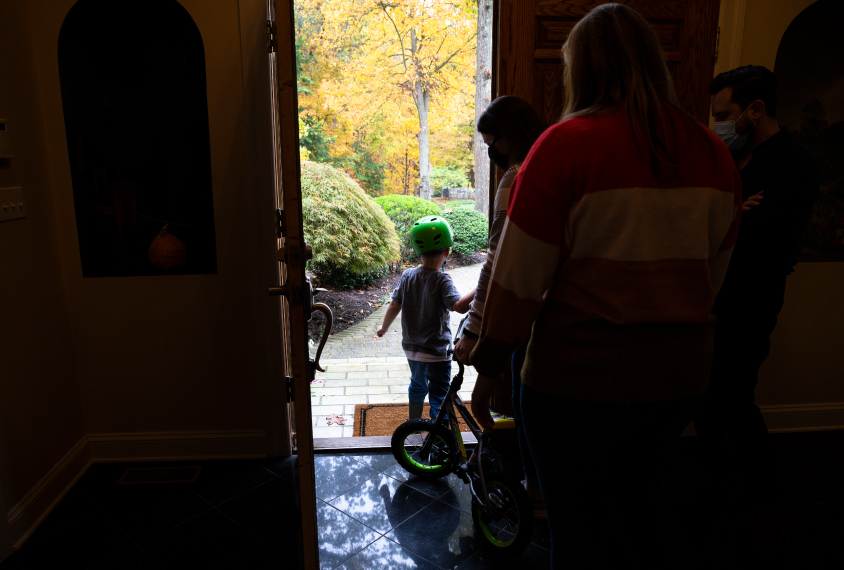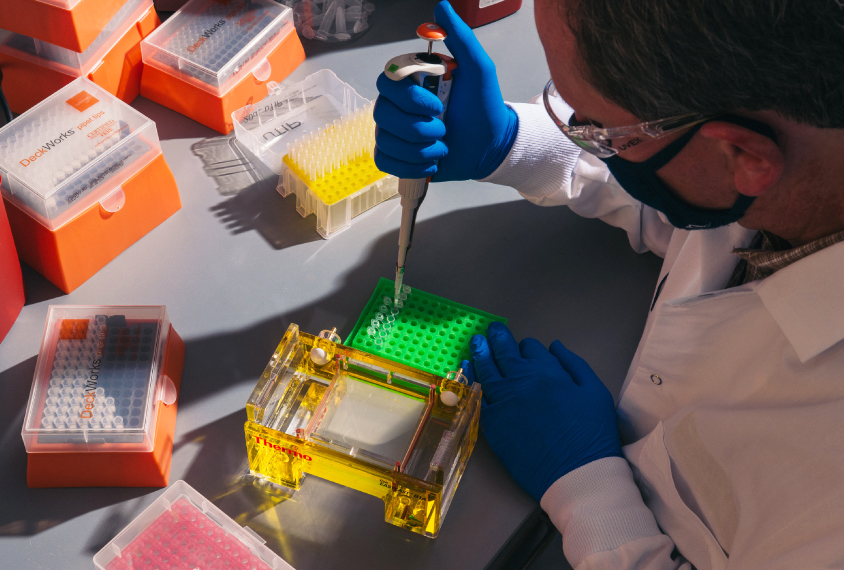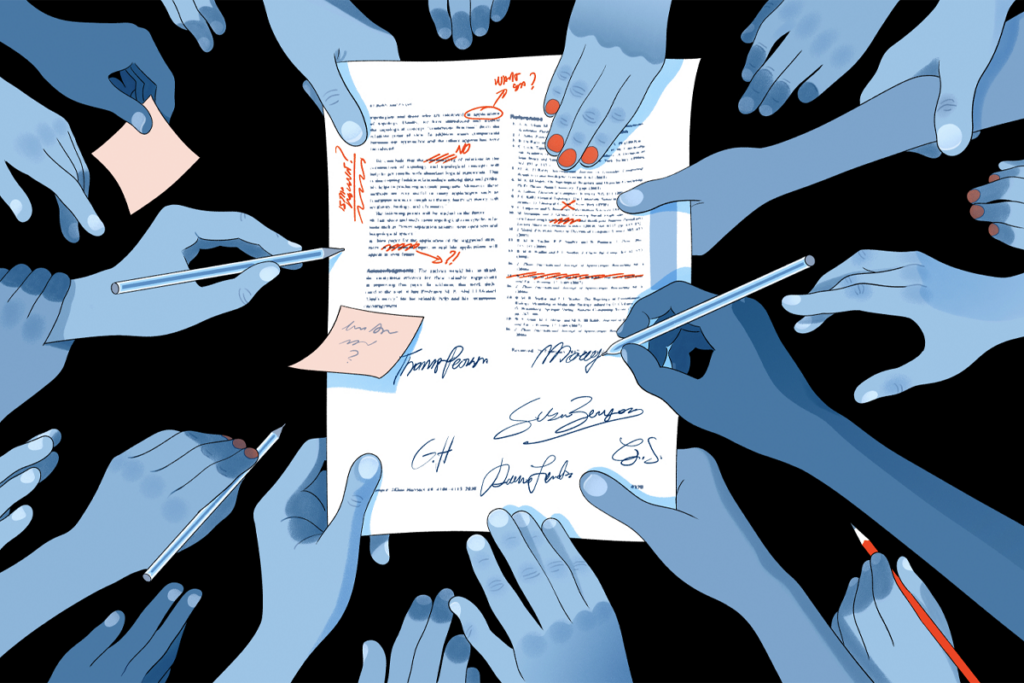Lydia Denworth is a New York-based science writer and author of I Can Hear You Whisper: An Intimate Journey through the Science of Sound and Language.

Lydia Denworth
Contributing writer
The Transmitter
From this contributor
The last two-author neuroscience paper?
Author lists on papers have ballooned, and it’s getting hard to discern contribution.
The promise of telehealth in autism diagnoses
The COVID-19 pandemic forced a reckoning, in which autism clinicians had to redefine best practices and expand how children are evaluated. The remote assessments they developed may help solve a persistent problem: the long wait families endure to get a diagnosis in the United States.

The promise of telehealth in autism diagnoses
The most personalized medicine: Studying your own child’s rare condition
A handful of scientists are committed to advancing research on the autism-related genetic conditions their own children have.

The most personalized medicine: Studying your own child’s rare condition
Owen’s odyssey: A year and a half after an autism diagnosis
This is part 2 of Owen’s story. It tracks his early progress in treatment for autism. Part 1 described his difficult path to a diagnosis.

Owen’s odyssey: A year and a half after an autism diagnosis
A quest for Quincy: Gene therapies come of age for some forms of autism
A gene therapy for Angelman syndrome stands at the forefront of efforts to treat autism-linked conditions that stem from single genes.

A quest for Quincy: Gene therapies come of age for some forms of autism
Explore more from The Transmitter
Lack of reviewers threatens robustness of neuroscience literature
Simple math suggests that small groups of scientists can significantly bias peer review.

Lack of reviewers threatens robustness of neuroscience literature
Simple math suggests that small groups of scientists can significantly bias peer review.
Dendrites help neuroscientists see the forest for the trees
Dendritic arbors provide just the right scale to study how individual neurons reciprocally interact with their broader circuitry—and are our best bet to bridge cellular and systems neuroscience.

Dendrites help neuroscientists see the forest for the trees
Dendritic arbors provide just the right scale to study how individual neurons reciprocally interact with their broader circuitry—and are our best bet to bridge cellular and systems neuroscience.
Two primate centers drop ‘primate’ from their name
The Washington and Tulane National Biomedical Research Centers—formerly called National Primate Research Centers—say they made the change to better reflect the breadth of research performed at the centers.

Two primate centers drop ‘primate’ from their name
The Washington and Tulane National Biomedical Research Centers—formerly called National Primate Research Centers—say they made the change to better reflect the breadth of research performed at the centers.
